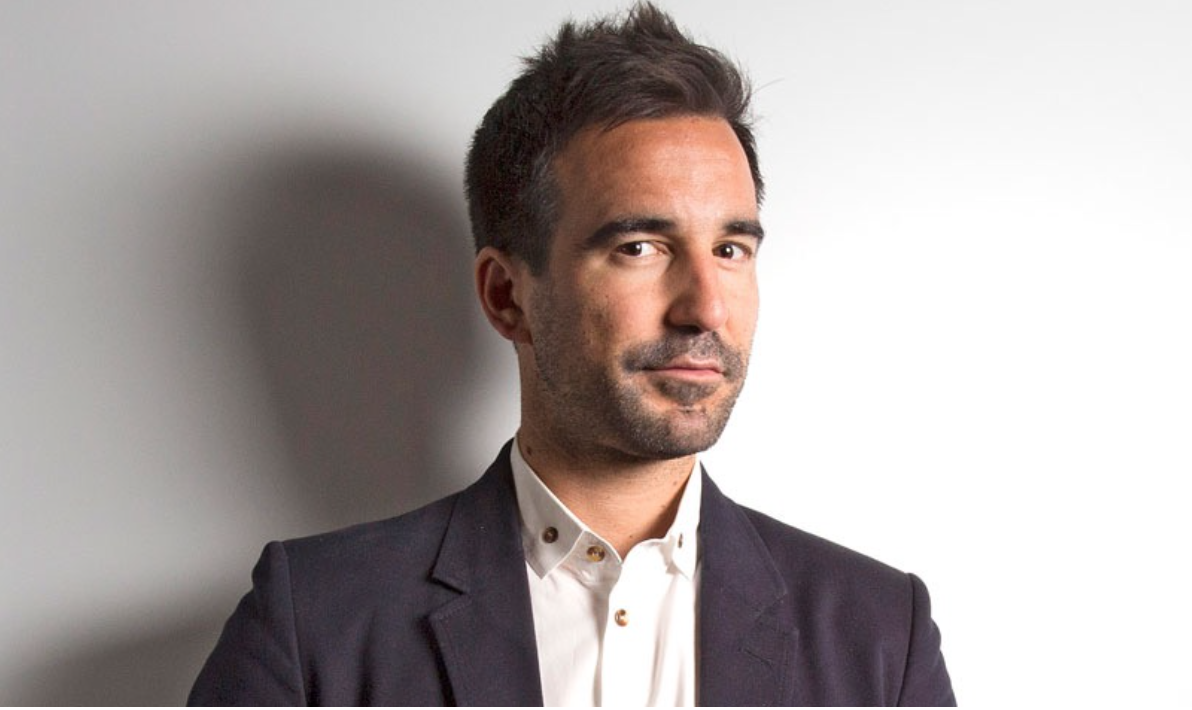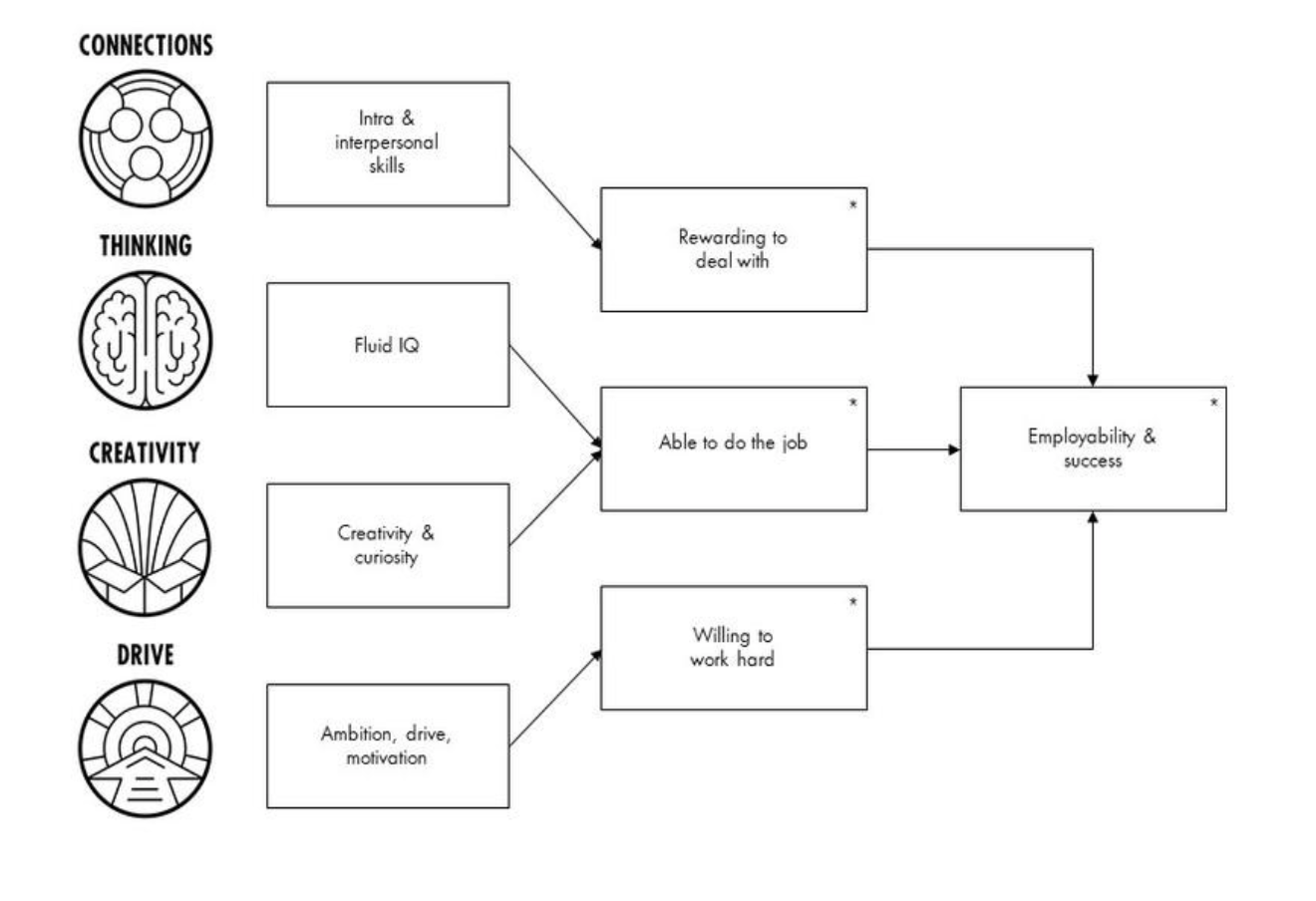
Landing your new job – Expert advice that could give wings to your career
Make a top ten list about the hard things in life and “work” will always be a part of it.
The reason for this are two things which probably everyone of us has experienced at some point:
- “What am I going to do with my life?”
Back in school, college or university, when we had plenty of options of becoming (more or less) everything we want, but we just couldn’t figure out what. The different career possibilities are endless, but which one is the right one? - “I hate my job”
Going to work day in and day out on auto-pilote, because it just doesn’t satisfy us. If you work in a job that you don’t enjoy, because it isn’t meant for you. Hard.
Both cases actually require finding out which career would suit you, challenge or bring out your talents, hence turning profession into a passion. But how do you do this?
“Without understanding your personality, experience, connections, and self-awareness you’re not going to get very far”.
– Dr. Tomas Chamorro-Premuzie
As head of assessment at one of the world’s biggest recruiting companies, author of 10 books and Psychology Professor at University of London and the University of Columbia, Dr. Tomas Chamorro-Premuzic is well placed to give you the answer to this question and some more. Together with an expert team of psychology professors from University College London and Columbia University in New York and Red Bull, they developed the online assessment Wingfinder, a tool that aims at outlining your strengths and handing you a talored coaching plan to maximise your skills.
In this interview, he gives you advice and tips that you can take to increase the chance of landing the right role, based on experience, hard data and science.
Inset: Dr Tomas Chamorro-Premuzic is head of assessment at one of the world’s biggest recruiting companies and psychology professor at University of London and the University of Columbia. Photograph: Shannon Morris
For those searching for a job out there:
Jobs today can pay well. They can also be interesting. They can also require creativity and fulfil multiple life needs. Competition is fierce though and qualifications and experience are only part of the requirement — without them, you can do very little; but without understanding your personality, experience, connections, and self-awareness you’re not going to get very far, either. We live in a talent economy and the main talent passport you have is your reputation and how you can explain it. How are you different and better from your competitors? I don’t like the idea of cultivating your personal brand – it sounds trivial, vacuous and narcissistic – but if your reputation doesn’t stand out in a crowded market, or if you can’t explain how you will use your talents at work, you’ll only make it if you are lucky.
What’s your top tip for somebody working out their next step?
Self-awareness can go a long way. The better people understand their own strengths, limitations, and interests, the smarter their career choices will be. They’ll end up liking their jobs more, performing better, and staying put longer. Self-awareness, in other words, is a sorely undervalued talent enhancer because it can help people identify jobs that actually match their values and skills. Remember: talent is largely personality in the right place. For individuals to make better choices for themselves, they’ll also need some data – making the free, career-related feedback available at Wingfinder even more crucial.
What’s the most important thing to show in interviews to get any job in any company?
Your main competitive advantage lies in discovering and being able to explain your own skills. Tests we’ve set up on Wingfinder give you tailored feedback as to how you can do this. What you need for any role, in any company is what’s called the RAW components of talent (Rewarding – interpersonal and intrapersonal skills; Able – a style of thinking or Intelligence suited to the demands of the role; Willing – drive and motivation).
Inset: www.wingfinder.com model; based on the original meta-analysis of employability & success by
*Hogan, R., Chamorro-Premuzic, T., & Kaiser, R. B. (2013). Employability and career success: Bridging the gap between theory and reality. Industrial and Organizational Psychology, 6, 3–16.
Interviewers often ask, ‘what’s your greatest weakness?’. How do you suggest people answer?
Try and look like you’re thinking about the answer, because the more you look like you have rehearsed the less truthful your answer will seem. Avoid common clichés such as ‘I’m too much of a perfectionist’ or ‘I’m too self-critical’. Avoid being completely honest, too. Much like a first date, an interview is not the time to reveal your deepest darkest secrets, so instead highlight the things your interviewers may have already identified as weaknesses, be it gaps or shortcomings in your CV and background, which will show self-awareness. Red Bull’s Wingfinder is one of the most valid freely available personality tests that can identify your strengths your shortcomings, and even offer coaching advice on those same weaknesses. We all have flaws and limitations, but it’s our ability to keep them in check that determines our true potential.
What are the most common mistake people make as they begin a new career?
Thinking they are better than they actually are. When in fact modesty, self-awareness, the right career choices, and hard work will open doors. Expect less and give more. You’re at the beginning of your learning curve, so understand that this journey is probably not going to be a straight line. Nothing will open more doors than performing in your current role and being valued by those that you work with.
If you could redo your time studying or the first years of your career what would you do?
I would spend more time on extracurricular activities, getting real-world experience. It’s important to focus on your studies but use your spare time to create something, pursue hobbies, internships, projects and interact with people, proving to yourself that you can influence others and work well with them. These interpersonal skills are critical in any company.
What do you wish you knew when you graduated or early in your career ?
That, from now on, life will only get harder and more complex, but the rewards feel even greater.
In a real sense, you never truly graduate — it’s a constant flow of learning, adapting and gaining more insight into yourself. Learning how best to leverage your curiosity and creativity, drive and how to work with others will be the greatest way of finding success.



Share
Facebook
Twitter
LinkedIn
Telegram
Tumblr
WhatsApp
VK
Mail